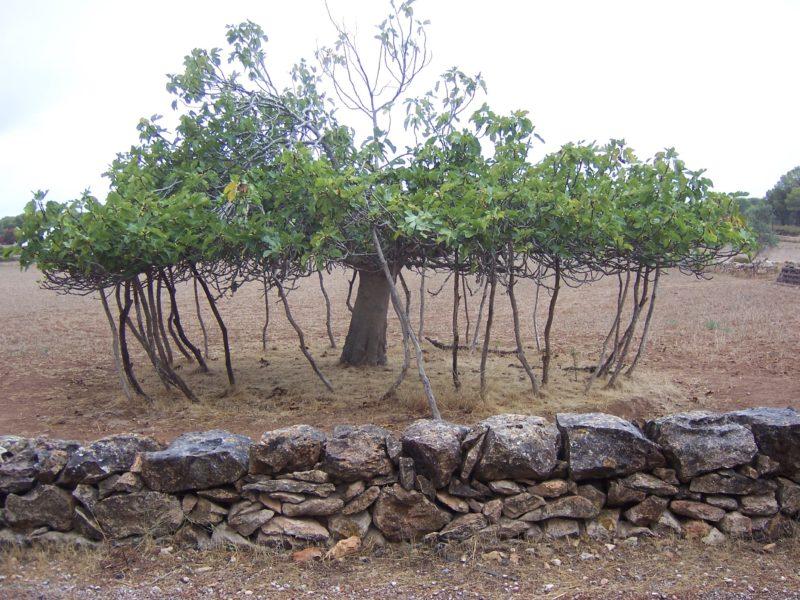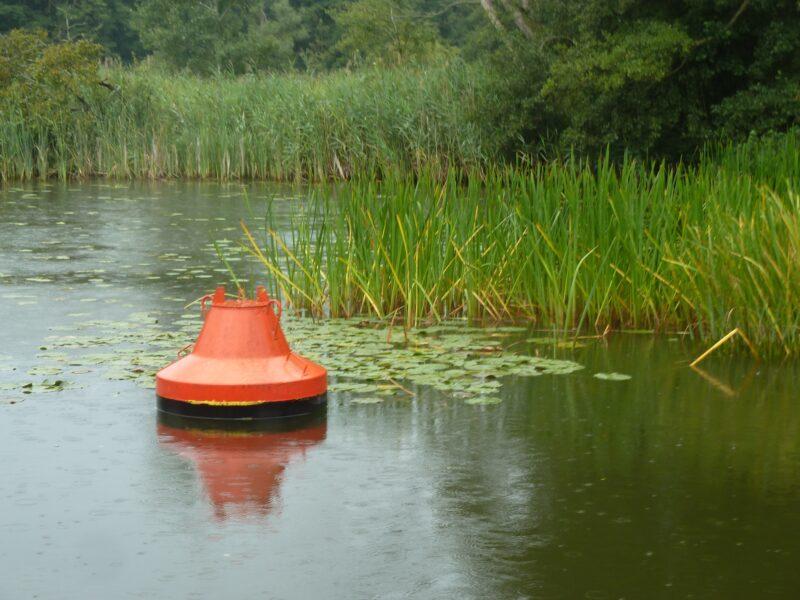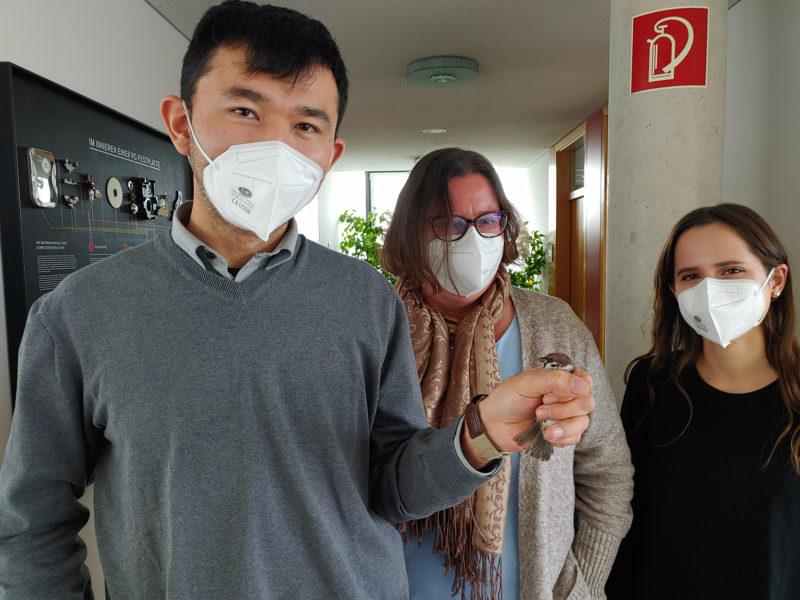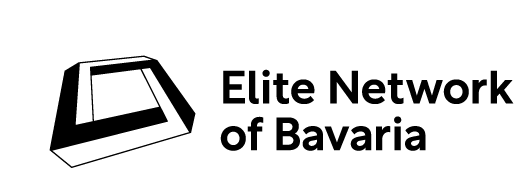
Kirsten Twelbeck
1. Transforming Disciplines
Our doctorate program Rethinking Environment provides a space for meaningful intellectual conversations across a broad range of disciplines from the humanities and social sciences – and a few of our advisors and Ph.D. students have their academic roots in the natural sciences. Ambitious and complex, this interdisciplinary network moves well beyond Academia and seeks close relations to NGOs, practitioners, business companies, museums, and public institutions. It is only by interacting fruitfully with the non-academic world that Rethinking Environment can be inspirational and contribute to a more sustainable, common future.

2. Transforming Science
In many societies and nations world-wide, there is a new consensus that, in order to avoid further ecological degradation and disaster, societies must undergo large-scale socio-ecological transformation processes. But what does “transformation” really mean, in this context? Rethinking Environment is not only about transforming disciplines but also aims at re-thinking established discourses of transformation, most of which have a strong grounding in the natural sciences.

The picture shows our doctorate students saving a bird that flew against a window.
Kirsten Twelbeck
3. Transforming Practice
To actively care for the environment is something we aim to do consistently, as scholars in the Environmental Humanities. The IDK Um(Welt)Denken is built on the premise that being an expert entails a particular set of duties and obligations to serve the common good, including a critical stance when fundamental democratic norms are under attack.
We envision ourselves as working together with the communities that we, as academics, are a part of. Cooperation and outreach are key terms in our self-definition as a group of researchers who work in transformation studies: building lasting and sustainable relationships between science and socio-cultural practices is an integral part of doing, rather than just being academics. This is why Rethinking Environment cooperates very closely with Munich’s Deutsches Museum and the Biotopia Museum; its network includes a large group of Bavarian and international NGOs, public institutions, civic initiatives, and private companies.
